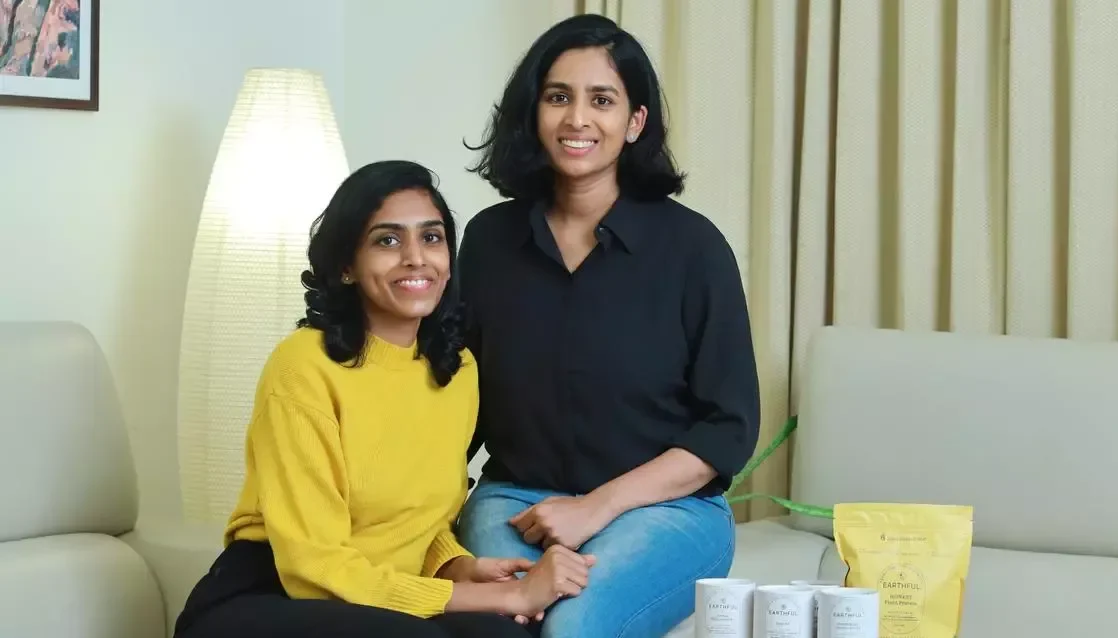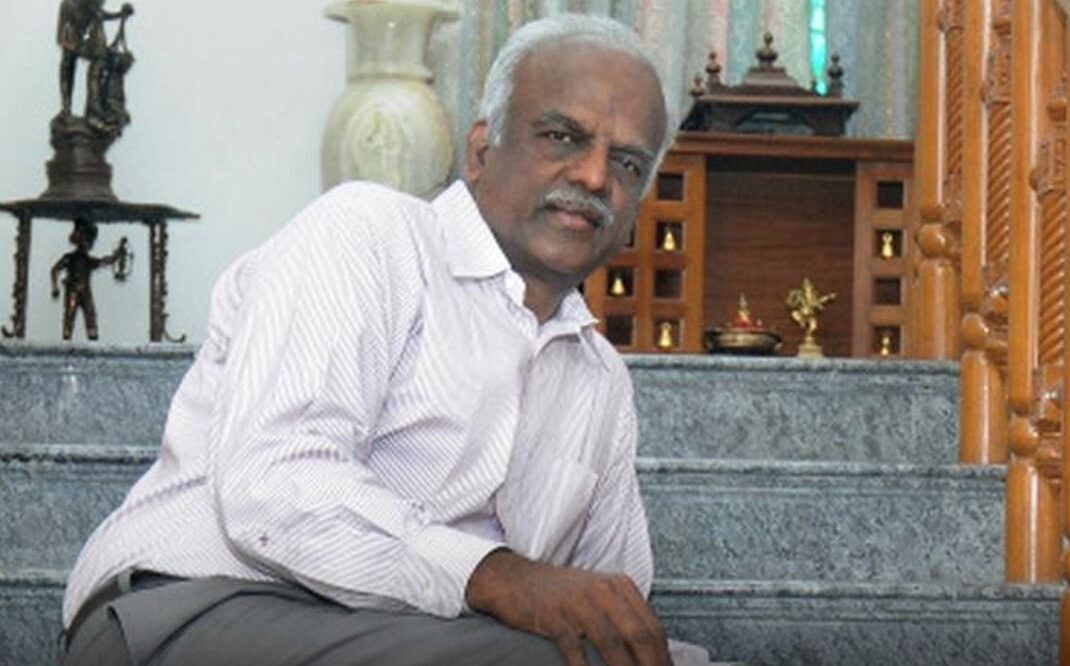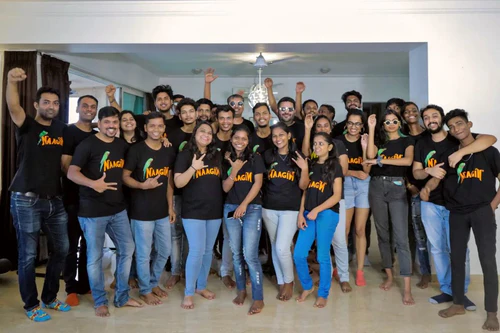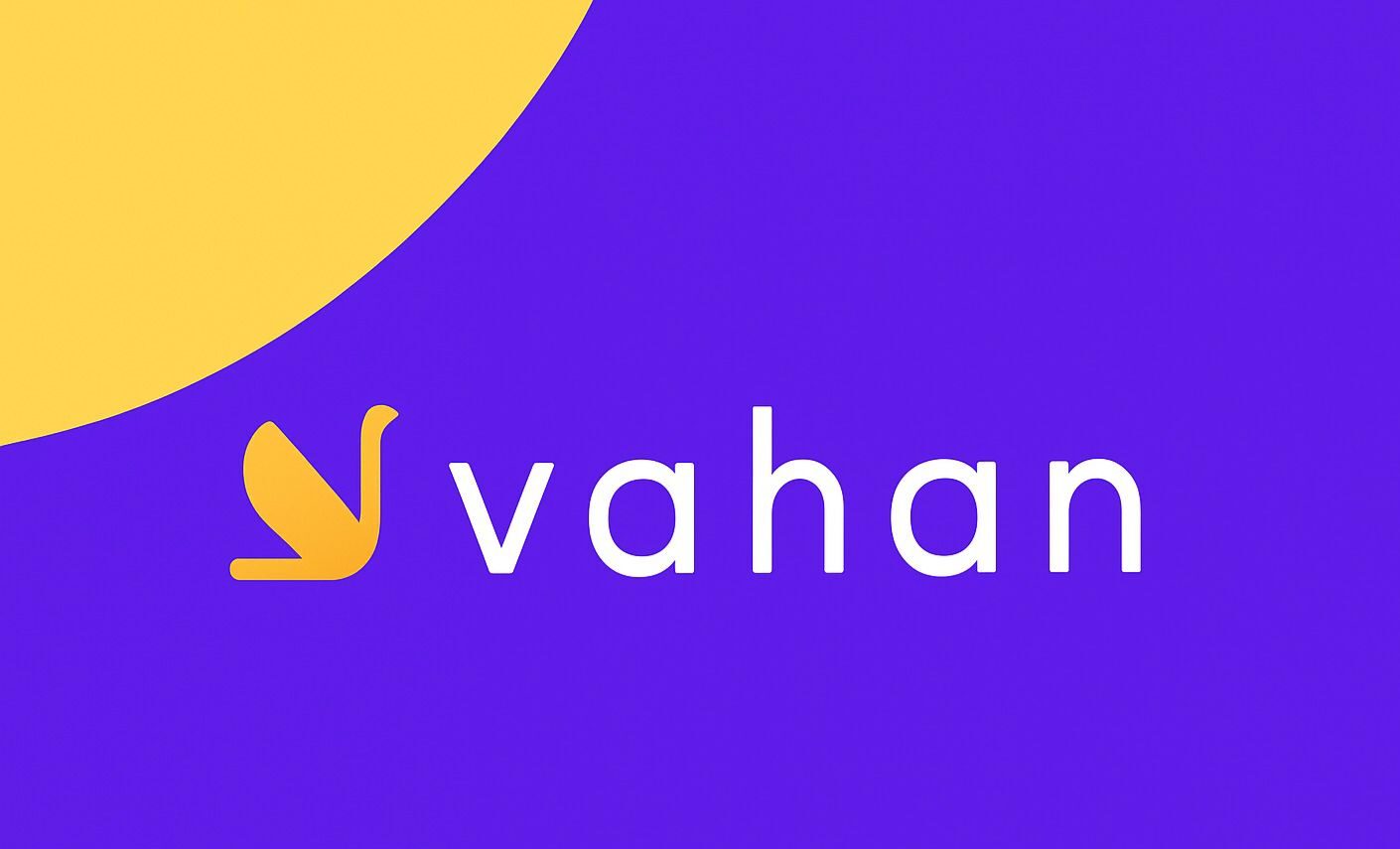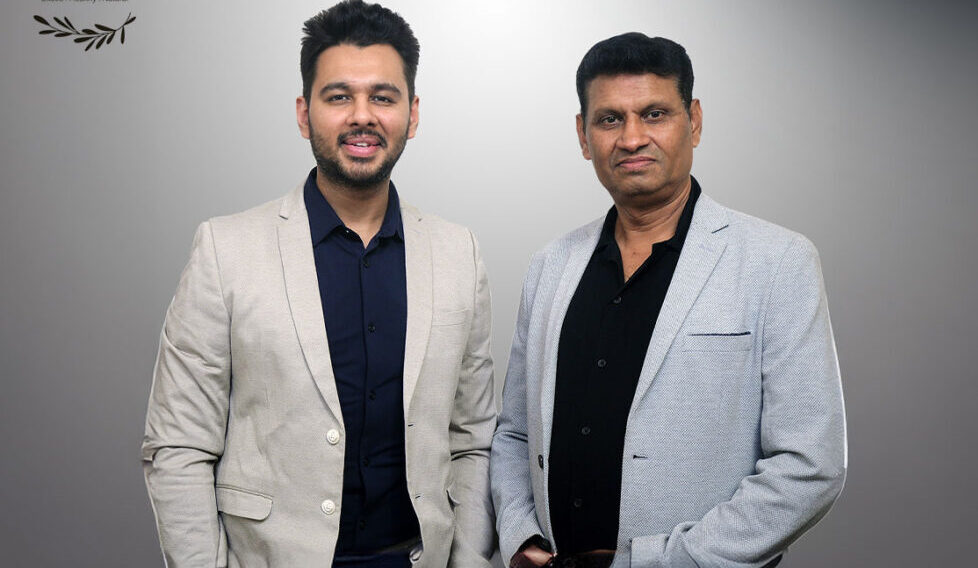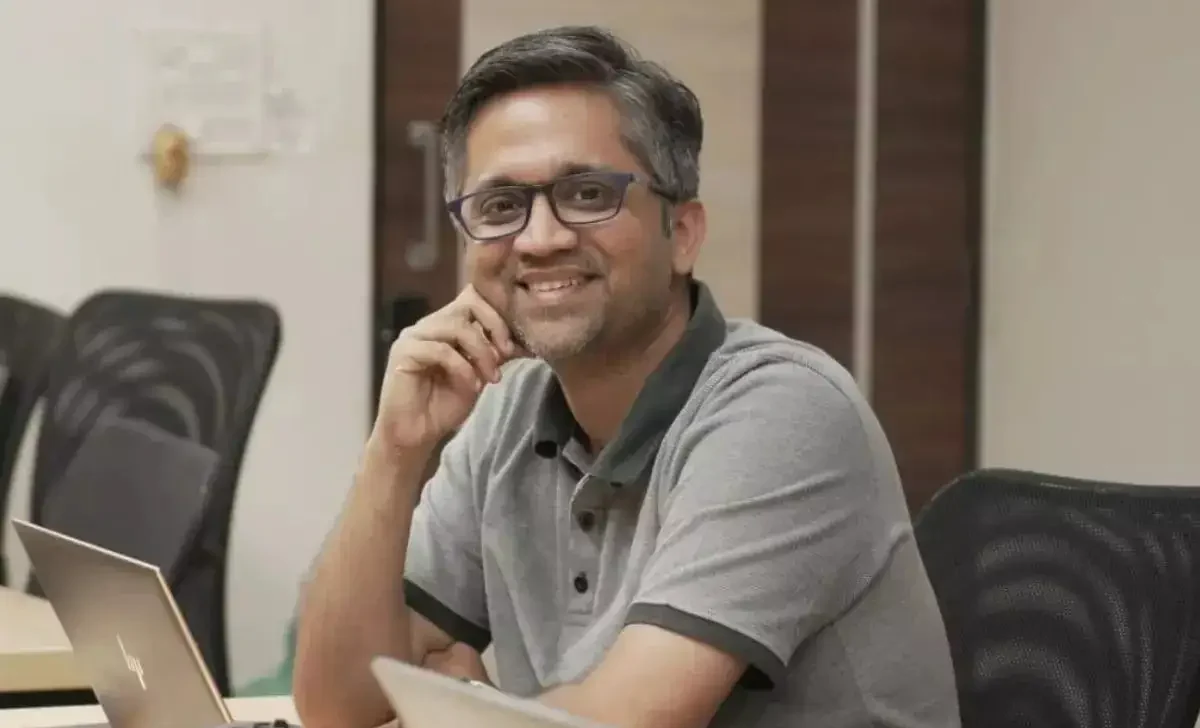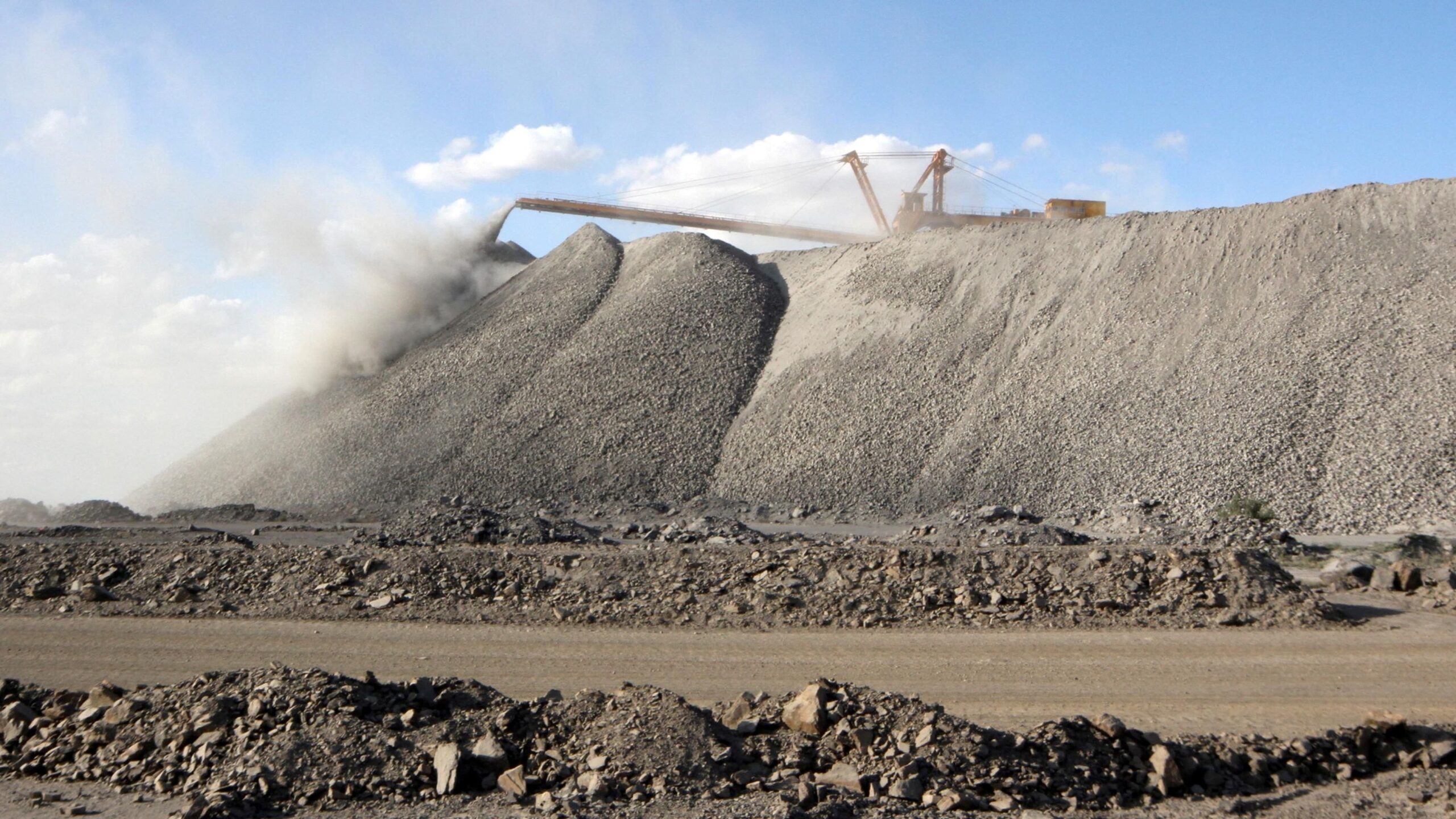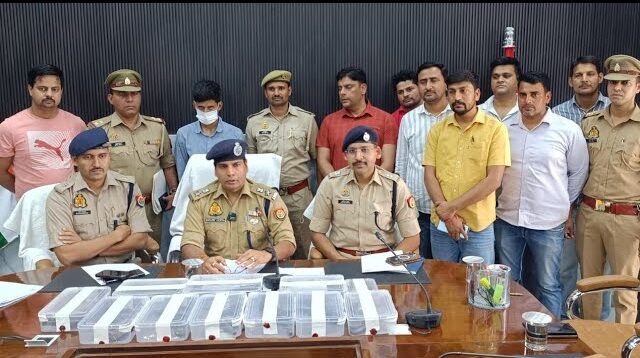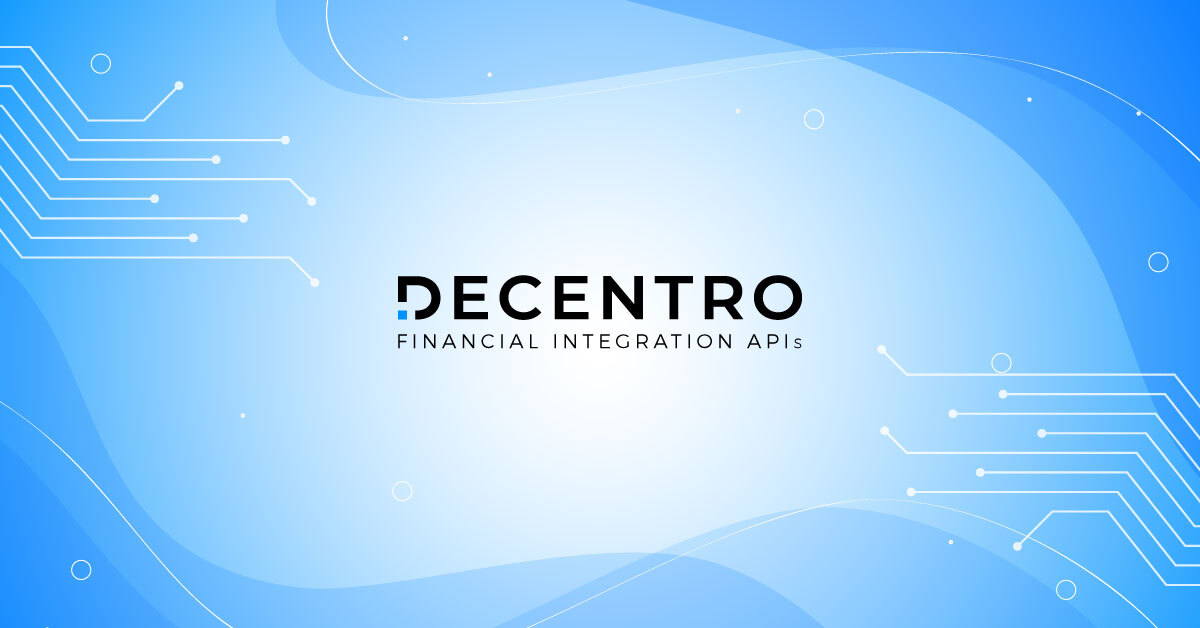At the recently concluded Startup Mahakumbh in New Delhi, an unexpected moment of candor captured the spirit of India’s evolving entrepreneurial landscape.
As per a LinkedIn post, during an interaction with Commerce and Industry Minister Piyush Goyal, Mira Jhala, founder of frozen supply chain startup FroGo, made a pointed and humorous remark:
“Sir, hum bhi sirf ice cream bech ke santusht nahi hai.”
The light-hearted exchange sparked laughter, but Jhala’s underlying message was serious: India’s frozen food ecosystem is undergoing a quiet revolution, and startups like FroGo are determined to lead it.
Beyond Ice Cream: Building India’s Frozen Commerce Infrastructure
For decades, the frozen food sector in India was treated as a seasonal indulgence an afterthought compared to staples like grains or dairy. Poor logistics, lack of reliable cold storage, and a fragmented supply chain ecosystem kept frozen products largely confined to regional markets. Scaling nationwide without losing product quality or hemorrhaging cash seemed near-impossible.
But today, the numbers tell a different story:
- Quick-commerce platforms now clock over ₹200 crore in monthly ice cream sales — a staggering 4x jump year-on-year.
- More than 2 million frozen orders are processed daily across major marketplaces.
- India’s cold storage industry has swelled to an estimated ₹22,000 crore sector, increasingly driven by technology, not just transportation.
According to Jhala, the demand for frozen goods was always there — but the country lacked the infrastructure to move it.
“We’re not just moving products anymore. We’re moving the economy forward,” Jhala said later in a LinkedIn post summarizing her experience at the event.
FroGo’s Mission: From Cold Chain to Growth Chain
Founded in 2021, FroGo positioned itself differently from day one. Rather than becoming another cold chain logistics provider, the company aimed to build a growth platform for brands operating in the frozen category.
Their model focuses on eliminating traditional bottlenecks:
- Brands can scale nationwide without needing to expand their own warehouse networks.
- Farmers, manufacturers, and small vendors can tap into new urban and semi-urban markets faster.
- Tier 2 and Tier 3 cities, often ignored in premium product categories, are increasingly part of the consumption boom.
In effect, FroGo sees itself not just as an enabler of frozen logistics but as an enabler of economic participation and growth.
Jhala calls this vision “building the rails for a new kind of commerce.”
A Larger Trend at Startup Mahakumbh
The Startup Mahakumbh this year was abuzz with similar stories founders looking to solve not just consumer pain points, but deep structural challenges. Goyal himself, during his keynote, emphasized the importance of “building foundational capabilities” over chasing valuations.
Mira Jhala’s impromptu ice-cream analogy highlighted a larger truth:. Innovation isn’t just about flashy apps or unicorn status. It’s about rethinking the unseen infrastructures that power commerce.
And it’s happening across sectors from electric vehicle charging networks to rural fintech enablement, and now, increasingly, in India’s cold supply chains.
The Road Ahead
For FroGo, the journey is just beginning. Scaling a frozen supply network comes with its own complexities: high energy costs, regulatory hurdles around food safety, and the perpetual challenge of ensuring last-mile efficiency without spiraling unit economics.
But if the current growth trends continue, startups like FroGo might soon become as critical to India’s economy as roadways and railways once were.
Not just moving ice cream but moving ambitions, industries, and entire regions toward a more connected future.
As Mira Jhala puts it: “If we do it right, we won’t be a cold chain company. We’ll be a growth chain.”
Also Read: Bira 91 Battles Employee Discontent and Supply Chain Chaos

